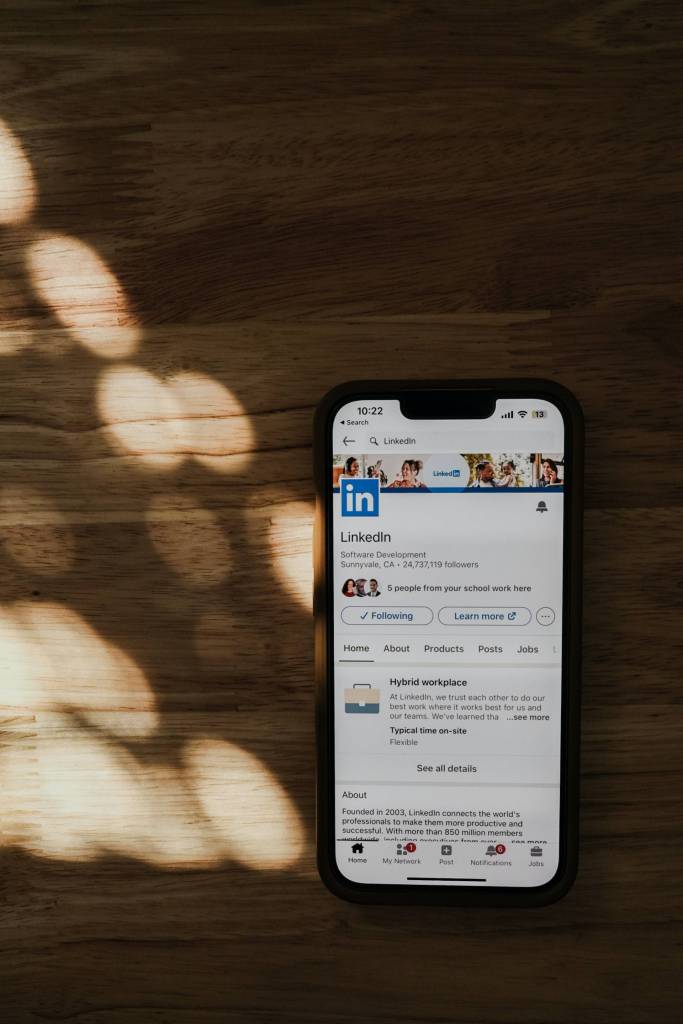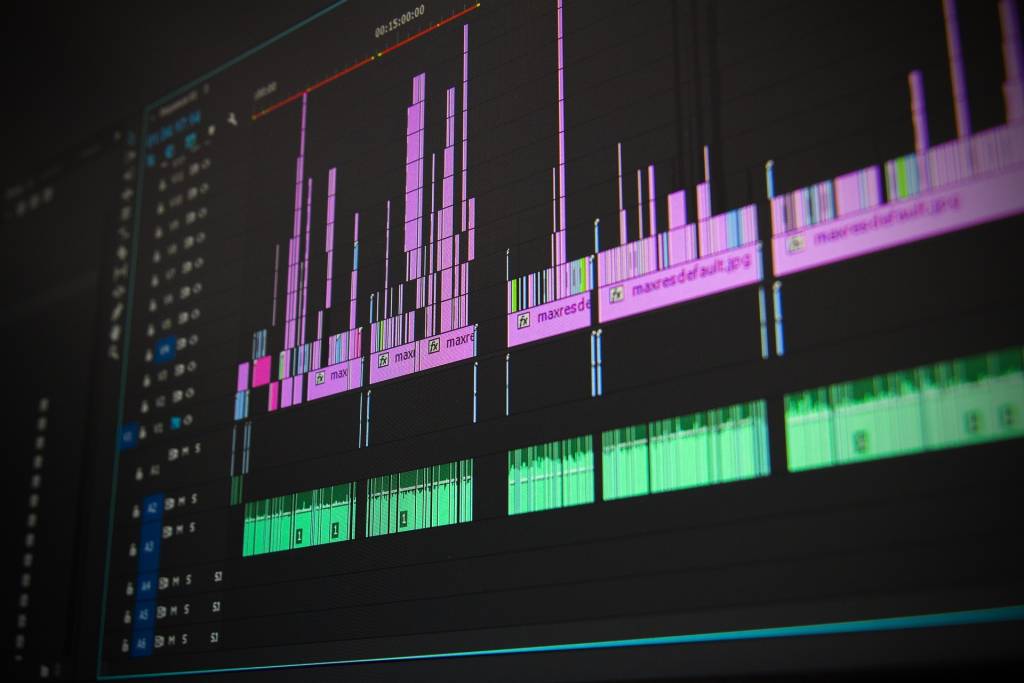The moment a job seeker gets notified to come in for an interview, the person’s personality, mood, energy level, and enthusiasm change radically. Such changes are common and logical because the first obstacle to being selected has been hurdled. “Oh, what a relief it is,” like the old Alka-Seltzer commercial used to say. But then, almost instantly after that, anxiety sets in because the vast majority of job applicants know they’re not ready to beat the competition for this coveted, single opening.
Preinterview
For most people this is a pretty scary time. Most have had several job interviews in the past, but they know every interview is different from every other interview. One never knows exactly what to expect even after extensive preparation. And then the door to the office or conference room opens, and there’s the interviewer—or, at some interviews, several interviewers in a panel, all in a row. And they all look at the candidate: Some smile, but others show no emotion—as if their body language is saying, “Why am I here wasting my time?” The candidate receives these cues, which add even more to the level of nervousness, a heightened state of anxiety, and perhaps confusion. And through it all, the candidate is supposed to smile and project confidence because of knowing that the first impression is a lasting impression.
The Interview
The typical first words are intended to put the candidate at ease, but soon the real interview starts. “So, tell me about yourself,” the interviewer says—as if he or she is unfamiliar with the applicant’s background. For some applicants, the request is difficult to field because they don’t know how long their answer should be. Plus, should it be about private life? or only about professional background? The reason most people are not so good at answering this common first interview question is that they understand neither the purpose of this question nor the purpose of many other interview questions. Every interview question is meant to test the candidate. But if the applicant doesn’t understand the question, how is he supposed to be able to give a good and convincing answer?
What is behind every interview question?
- Tell me about yourself is misleading. The real question is, Tell me about yourself as it pertains to your ability to solve our problems.
- What are your strengths? stands for, Can you recite succinctly and eloquently two or three strengths that others recognize in you?
- What are your weaknesses? is a question to evaluate whether your answer is honest and sincere. It is of course not expected that you tell something so honest to the point of nullifying your candidacy.
- Why are you interested in this position? is a question to test your true interest, and the interviewer will seek evidence of it by checking your body language. He wants to see a heightened level of passion and enthusiasm, and beyond that, focuses on whether you understand his needs and can address them.
Why didn’t you get that job?
You did not get that job because your focus was on yourself instead of on how to beat your competition. The person who is offered the job is not always the ideal candidate, but it is always the one who appeared to be better than the rest of the other candidates. Therefore, the logical question is, How to beat your competition? And the answer is, By preparing very well for the interview and gaining a level of confidence by practicing, practicing, and practicing some more.













